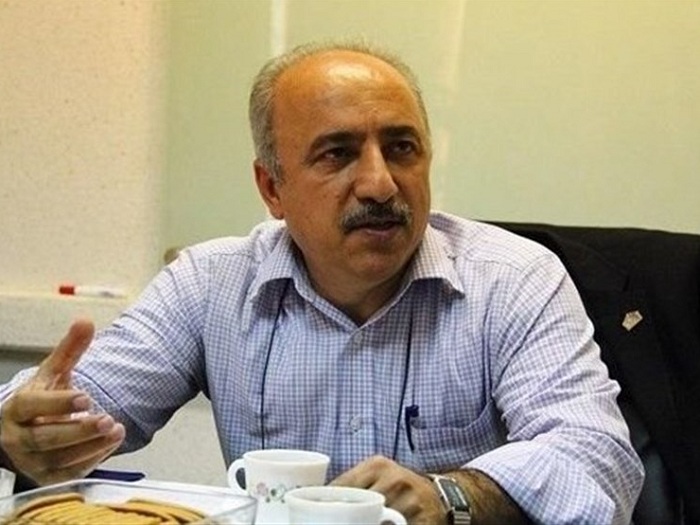Production in our country is not valuable / we only make sentences by producing

Emphasizing that production should be very important and recognized as a value, the university faculty member said: "If this happens, in our country, like the developed countries of the world, the dictatorship of production will rule society."
According to the International Iranian Stone Exhibition, Morteza Afgheh, a faculty member and economist, said about the requirements of directing liquidity to production: "One side of the economy is physical production and the other side is liquidity, and the two must always be compatible."
He also called the movement of liquidity to the non-productive sector quite logical and justifiable and added: "On the other hand, production in Iran is extremely costly, erosive and risky, and on the contrary, the brokerage and non-productive sector is very profitable and profitable and easy tax evasion." Therefore, it is natural that liquidity is not directed towards production.
The faculty member of the university stated: Some people say that there is a lot of liquidity in our country, while there is not much liquidity, and incidentally, the reason for the lack of sixty percent of our country's production capacity is the lack of liquidity.
"We have been talking about the do's and don'ts for years, and people are tired, while the problem of production is not very complicated and it is enough to do a preliminary research on the problem of producers," said Afqah.
The economist called for a fundamental change in the system of appointments of managers and said: "Part of the barriers to production go back to repeated and sometimes contradictory and contradictory laws, and unfortunately the implementation of laws is left to devices whose labor and managers are unrelated and incompetent." They are working, in fact we are telling someone to make a leap in production, which in itself is the cause of the stagnation of production.
Emphasizing that production should be very important and recognized as a religious value, he added: "If this happens in our country, as in the developed countries of the world, the dictatorship of production will rule society and anyone who obstructs will be severely punished." Yes, but unfortunately in our country there is no production of value and that is why we only make sentences by producing!
One of the consequences of the recklessness of the last two or three decades is the creation of a number of super-rich people, each of whom is as powerful as a government and can easily thwart the government's anti-inflationary and anti-crisis policies.
Homayoun Darabi, a money and capital market expert, pointed to the importance of knowing the origin and destination of liquidity and said: "One of the most important current liquidity problems is related to its origin."
He mentioned the budget deficit, banks' overdrafts from the central bank and the conversion of foreign assets of the central bank as the most important pumps of liquidity in Iran's economy and added: "The sum of these pumps ultimately leads to daily injection of 1600 billion tomans into our country's economy."
The money and capital market expert believes that the first effect of not directing liquidity to production is the devaluation of the national currency and the devaluation of assets.
Darabi called for strong strategy and oversight to direct liquidity to production, adding: "We in this government do not have a strategy for this and we still do not know where the economy should go, even the economic strategies of the Supreme Leader, including the policies of Article 40. Fourth, the resistance economy and the leap in production are not channeled either.
He said that there are no tools to direct liquidity to production in Iran, adding: "Banks and stock exchanges should pump liquidity to production, which unfortunately, specialized banks are in a bad situation and are very small, and we do not have provincial and city banks."
The money and capital market expert cited the inadequate production business environment and the shortcomings of the trade law and monetary operations as other problems in the field of production.
* Tasnim










